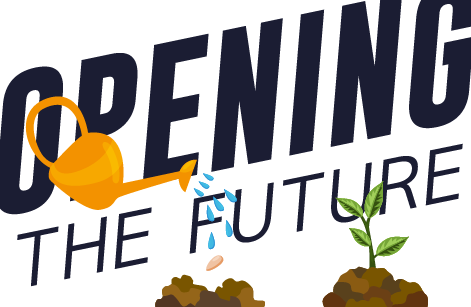Opening the Future: A Funding Model for Open Access Books
Opening the Future is a collective subscription model for libraries, broadening your collections and funding further open access publishing.
Sign Up

Past Meets Present
[Midlist Package] Taking a holistic approach to Central and Eastern Europe, this package showcases some of CEU Press' most recent monographs on the region, published between 2020 and 2025. It contain…
View More Information
History Package
Covering our publications in History from medieval times to the fall of communism, the list illuminates the diverse and specific historical changes and developments of the Central and Eastern Europea…
View More Information
Political Science Package
Charting political, economic, social and cultural changes on a scale not seen elsewhere, our Politics Collection combines seminal works that influence current thinking and research. Representing a se…
View More Information
Editors' Choice Package
This package includes 50 issue-focussed books in gender studies, Roma, labour, public health, nationalism, Jewish Studies and human rights selected by the editors at CEU Press, with a view to bringin…
View More Information
Library Selection
Selected by an independent panel of expert librarians, this package features a cross-section of key titles across all disciplines published by the Press, taken from the other three packages. Thi…
View More Information
East Meets West
The Russia-Ukraine war once more brings into focus the transformations of the former Russian empire: Romanov rule was followed by Bolshevik politics, and after a period of post-communist consolidatio…
View More Information
OA Supporter Membership - CEUP
Some institutions may not wish to sign up to a book package, or may not be able to. However they might still want to support, and help to fund, the frontlist of Open Access monographs that CEU Press …
View More Information